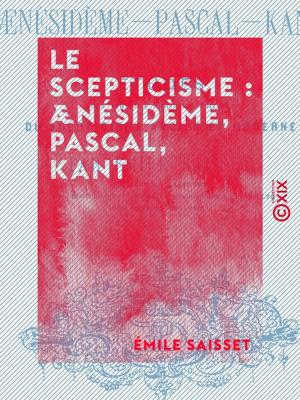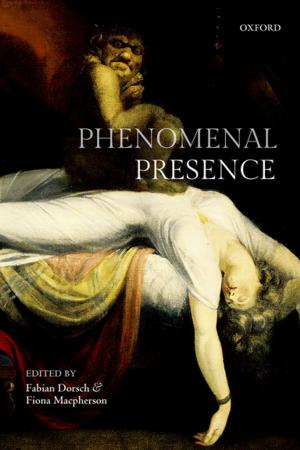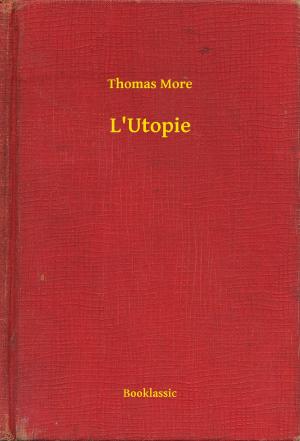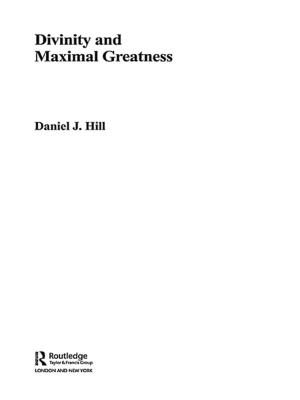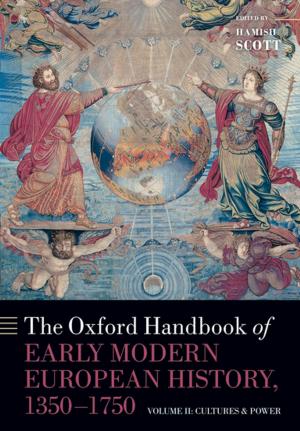Mythbusting the Cult of Confucius
Nonfiction, Social & Cultural Studies, Social Science, Anthropology, Religion & Spirituality, Philosophy| Author: | Wayne Deeker | ISBN: | 9781310876875 |
| Publisher: | Wayne Deeker | Publication: | March 18, 2016 |
| Imprint: | Smashwords Edition | Language: | English |
| Author: | Wayne Deeker |
| ISBN: | 9781310876875 |
| Publisher: | Wayne Deeker |
| Publication: | March 18, 2016 |
| Imprint: | Smashwords Edition |
| Language: | English |
For most western people, China remains alien and mysterious. Yet this ignorance, and the false assumptions it entails, is a luxury the world can no longer afford. In the few decades since China burst upon the modern world stage, it has already come to dominate global trade, manufacturing, and finance. The combination of this influence and Chinese values now gravely affects, even threatens, the entire world. It is imperative we understand those values and the people who hold them. This book is the first to make that possible.
Unadorned and iconoclastic, this wholly original book cuts through centuries of myth and nonsense. It reaches the ancient but simple foundations of Chinese society, showing what this means for the Chinese character, and for western people in their dealings with the Chinese. Yet the book contains far more than warnings alone. Above all, it shows ways western people might learn from Chinese people, and to compassionately help them break free of their past.
As usually only outsiders see originally, so Wayne Deeker, an ecologist and science writer, is the perfect outsider for this topic. Living in Shanghai for five years, he turned his analytical insight towards Chinese culture, with timeless new conclusions.
Contents
This book is for: curious people; citizens of any country accepting Chinese migrants or student; those with business interests in China or having bought Chinese-made products; travellers; educators; or anyone concerned about the state of the world. Yet it contains far more than warnings alone, so it is also for those open to improving our societies and relationship by drawing on all aspects of the Chinese experience. Above all, it shows ways western people might compassionately help the Chinese break free of their past.
Part one begins with a radical illustration of Confucianism not being wisdom. It was never about “morality” or “harmony”, these terms are euphemisms for a brutal control system: one that always crushed dissent and enshrined exploitative authority as the ultimate good. Mythbusting shows how this has shackled Chinese minds, and otherwise limited Chinese people, for thousands of years. Yet Confucianism cleverly promotes its values like a religion, and indeed Chinese people follow it religiously: with profound consequences for their ability to question or separate themselves from Confucianism. Thus Confucianism keeps Chinese people stuck in the past, and even today they have no concept of themselves except in very ancient terms.
Mythbusting first shows how each of three sets of core Chinese traits (centred on control, childishness and status-seeking) emerge directly from Confucianism’s true nature. Together these traits completely define the Chinese character and predict all Chinese behaviour. In its modern form, that means a shallow, narcissistic society where status has become an end in itself, where corruption is a way of life, and where people are raised stunted and uncaring.
Part one also explores the Chinese education system, proving that it creates a docile, compliant populace unable to question or challenge government authority. Moreover, creation of this intellectual disability is deliberate, and a worse Human Rights violation than any previously exposed. The book shows how Human Rights violations in general, and all modern concerns about China, emerge from the fundamentally controlling tenets of Confucianism. A central theme is China’s oppressive conformity which means lack of innovation. From this comes the world’s first popular study of where innovation really comes from and how to nurture that. Part one concludes by establishing the similarity of China’s authority-culture to destructive mind-control cults, which totally changes the way westerners must view Chinese people (as victims).
In parts two, three and four, the book takes the above sets of core traits and applies them to practical advice on what to expect from Chinese in everyday situations.
For most western people, China remains alien and mysterious. Yet this ignorance, and the false assumptions it entails, is a luxury the world can no longer afford. In the few decades since China burst upon the modern world stage, it has already come to dominate global trade, manufacturing, and finance. The combination of this influence and Chinese values now gravely affects, even threatens, the entire world. It is imperative we understand those values and the people who hold them. This book is the first to make that possible.
Unadorned and iconoclastic, this wholly original book cuts through centuries of myth and nonsense. It reaches the ancient but simple foundations of Chinese society, showing what this means for the Chinese character, and for western people in their dealings with the Chinese. Yet the book contains far more than warnings alone. Above all, it shows ways western people might learn from Chinese people, and to compassionately help them break free of their past.
As usually only outsiders see originally, so Wayne Deeker, an ecologist and science writer, is the perfect outsider for this topic. Living in Shanghai for five years, he turned his analytical insight towards Chinese culture, with timeless new conclusions.
Contents
This book is for: curious people; citizens of any country accepting Chinese migrants or student; those with business interests in China or having bought Chinese-made products; travellers; educators; or anyone concerned about the state of the world. Yet it contains far more than warnings alone, so it is also for those open to improving our societies and relationship by drawing on all aspects of the Chinese experience. Above all, it shows ways western people might compassionately help the Chinese break free of their past.
Part one begins with a radical illustration of Confucianism not being wisdom. It was never about “morality” or “harmony”, these terms are euphemisms for a brutal control system: one that always crushed dissent and enshrined exploitative authority as the ultimate good. Mythbusting shows how this has shackled Chinese minds, and otherwise limited Chinese people, for thousands of years. Yet Confucianism cleverly promotes its values like a religion, and indeed Chinese people follow it religiously: with profound consequences for their ability to question or separate themselves from Confucianism. Thus Confucianism keeps Chinese people stuck in the past, and even today they have no concept of themselves except in very ancient terms.
Mythbusting first shows how each of three sets of core Chinese traits (centred on control, childishness and status-seeking) emerge directly from Confucianism’s true nature. Together these traits completely define the Chinese character and predict all Chinese behaviour. In its modern form, that means a shallow, narcissistic society where status has become an end in itself, where corruption is a way of life, and where people are raised stunted and uncaring.
Part one also explores the Chinese education system, proving that it creates a docile, compliant populace unable to question or challenge government authority. Moreover, creation of this intellectual disability is deliberate, and a worse Human Rights violation than any previously exposed. The book shows how Human Rights violations in general, and all modern concerns about China, emerge from the fundamentally controlling tenets of Confucianism. A central theme is China’s oppressive conformity which means lack of innovation. From this comes the world’s first popular study of where innovation really comes from and how to nurture that. Part one concludes by establishing the similarity of China’s authority-culture to destructive mind-control cults, which totally changes the way westerners must view Chinese people (as victims).
In parts two, three and four, the book takes the above sets of core traits and applies them to practical advice on what to expect from Chinese in everyday situations.

